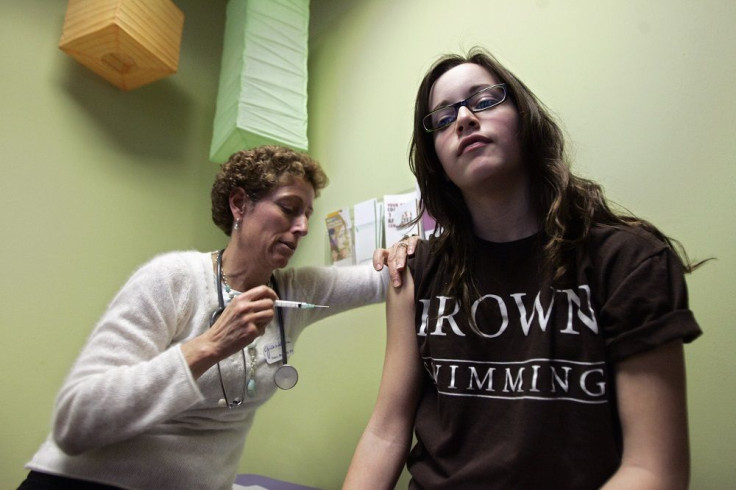Free flu shots to be available for Australians in April

The government urges Australians to “take advantage” of free flu shots next month. A supply of new vaccines that protect against four strains of influenza will be available as early as mid-April.
Health Minister Greg Hunt’s office has announced that the government has secured a supply of vaccines to protect Australians from potentially deadly virus. The vaccines will reportedly be made available to at-risk groups through the National Immunisation Program (NIP), as well as in the private market.
News.com.au reports that around 4.5 million doses of seasonal influenza vaccines will be accessible for 2017. It is estimated that influenza results to 170 deaths in the country every year and 5000 cases of hospitalisations.
Thus, medical experts recommend that every Australian get a flu shot every year. “Influenza is a significant cause of illness and death and we know that getting an annual flu vaccine is the best way to protect yourself, your family and the community from the virus,” country’s Chief Medical Officer Professor Brendan Murphy said.
Murphy said young children and older adults are the ones who usually acquire influenza. He confirmed that the availability of vaccines will start mid-April and he encourages all eligible Australians to receive a shot. The CMO explained that the shot provides protection against influenza so the flu will not develop ahead of the peak transmission period which is usually in August.
The Immunise Australia Program was launched by the Australian government to protect its people from vaccine-preventable diseases. According to immunise.health.gov.au, the program implements the National Immunisation Program (NIP) Schedule, which includes vaccines that help prevent 16 diseases.
One of these vaccines is routine childhood vaccinations against measles, diphtheria and whooping cough (pertussis), Human Papillomavirus (HPV) and the meningococcal C vaccine. The National Immunisation Committee (NIC) oversees the program and NIC reports to the Australian Health Protection Principal Committee (AHPPC). The Office of Health Protection within the Department of Health evaluates and implements the country’s national immunisation policies and programs.
In other health news, a new study for Janssen by Galaxy Research found that Australians patients commonly turn to the internet for information and support. Details show that three-quarters of Australians, 77 percent of those with a chronic illness, have talked about health issues on social media or in an online community. According to the Australian Institute of Health and Welfare, chronic diseases are the country’s leading causes of illness, disability and death.






